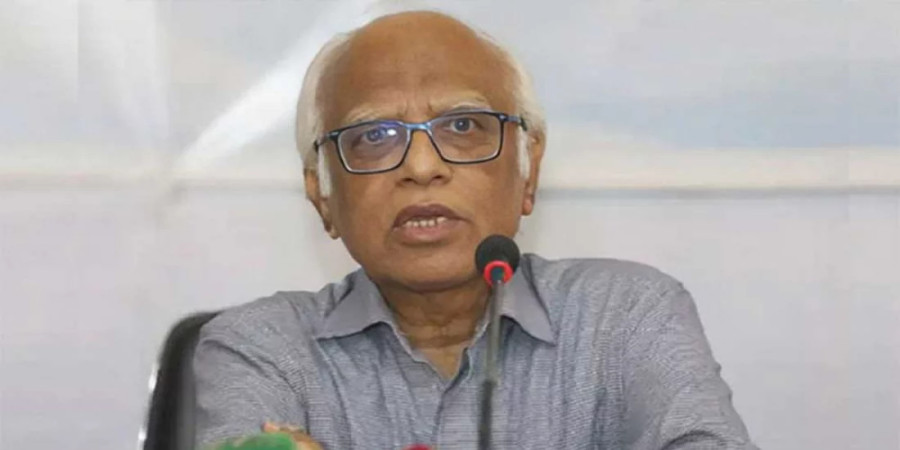
ছবি: Photo: Collected
The state of Bangladesh’s education system is dire, and meaningful reforms cannot be achieved within a short period of three months, according to Education Advisor Dr. Wahiduddin Mahmud. Speaking at a media briefing at the Planning Commission in Agargaon on Wednesday, January 22, he underscored the extensive challenges facing the sector and expressed skepticism about the efficacy of short-term reform commissions.
Dr. Mahmud explained that the degradation of an education system occurs over a long period and involves a cyclical process. Poor quality in primary education adversely affects secondary education, ultimately resulting in underqualified graduates, many of whom become educators themselves, perpetuating the cycle of decline.
He traced the initial decline in the country’s education system back to 1972, during the tenure of Education Minister Yusuf Ali under Bangabandhu Sheikh Mujibur Rahman’s leadership. Dr. Mahmud described a key policy error at the time, where prominent colleges such as BM College, Dhaka College, Murari Chand College, and Rajshahi College were converted into university colleges, disrupting their existing standards and contributions to the education system.
Highlighting the complexity of the situation, Dr. Mahmud emphasized the need for a long-term vision and comprehensive planning to restore the country’s education standards. He warned against expecting quick fixes, given the systemic nature of the challenges.
repoter






